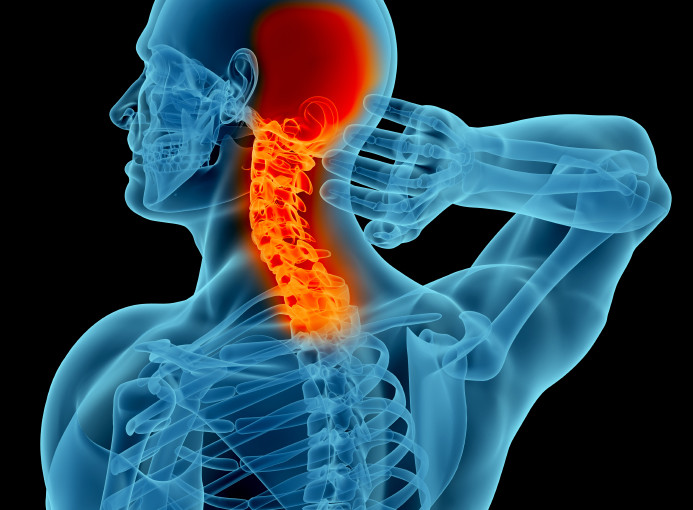Head and Neck Injuries in Car Accidents: The Road to Recovery with Integrated Medical Care
Car accidents can be traumatic experiences that leave lasting physical and emotional effects. Among the most common injuries sustained in these accidents are those affecting the head and neck. The delicate structures of the head and neck are particularly vulnerable to the forces involved in collisions, often leading to a range of injuries. Integrated medical care, which combines various healthcare disciplines, has emerged as a comprehensive approach to managing these injuries and facilitating a smoother recovery journey.
Keep reading as we explore the types of head and neck injuries resulting from car accidents, the role of integrated medical care in the recovery process, and the benefits it offers to accident victims.
Types of Head and Neck Injuries
Car accidents can result in a variety of head and neck injuries, including:
- Whiplash – The rapid back-and-forth movement of the neck during a collision can cause strain on the neck’s muscles, ligaments, and tendons, leading to whiplash. This injury can result in pain, stiffness, headaches, and reduced range of motion.
- Concussion – A sudden impact can cause the brain to move within the skull, leading to a concussion. Symptoms may include headaches, dizziness, confusion, and cognitive difficulties.
- Traumatic Brain Injury (TBI) – More severe impacts can cause traumatic brain injuries, which range from mild (concussion) to severe and life-threatening. TBIs can lead to cognitive, motor, and sensory impairments.
- Soft Tissue Injuries – Muscles, ligaments, and tendons in the head and neck region can be strained, torn, or sprained during an accident, causing pain and discomfort.
The Role of Integrated Medical Care
Integrated medical care involves a collaborative and holistic approach to healthcare. It brings together various medical disciplines, such as orthopedics, neurology, physical therapy, chiropractic care, and pain management, to provide a comprehensive and personalized treatment plan. This approach recognizes that injuries affect multiple systems and addresses the individual’s physical, emotional, and psychological well-being.
Benefits of Integrated Medical Care for Recovery
Comprehensive Assessment: Integrated medical teams can conduct thorough evaluations to identify the full extent of injuries, including those that might initially go unnoticed.
Customized Treatment Plans: Professionals from different specialties collaborate to create personalized treatment plans that address each patient’s unique needs, ensuring a well-rounded approach to recovery.
Multifaceted Pain Management: Pain can stem from various sources. Integrated care offers a range of techniques, from physical therapy and chiropractic adjustments to massage and medication management, to effectively alleviate pain.
Streamlined Communication: With all healthcare providers under one roof, communication is seamless, ensuring that everyone involved is on the same page regarding the patient’s progress.
Faster Recovery: Integrating different modalities can expedite healing and rehabilitation, helping patients regain functionality sooner.
Head and neck injuries resulting from car accidents are not to be taken lightly, as they can have long-lasting repercussions on an individual’s health and well-being. Integrated medical care offers a comprehensive and collaborative approach that can significantly aid the recovery process. By addressing the diverse aspects of head and neck injuries through a combination of treatments and therapies, integrated medical care provides accident victims with a comprehensive roadmap to healing, helping them reclaim their lives and move forward toward a brighter, pain-free future.
If you or a loved one have been in a car accident and experienced head and neck injuries, considering integrated medical care could be a crucial step toward a successful recovery. Contact Ohio Therapy Centers today to schedule your free initial consultation.

